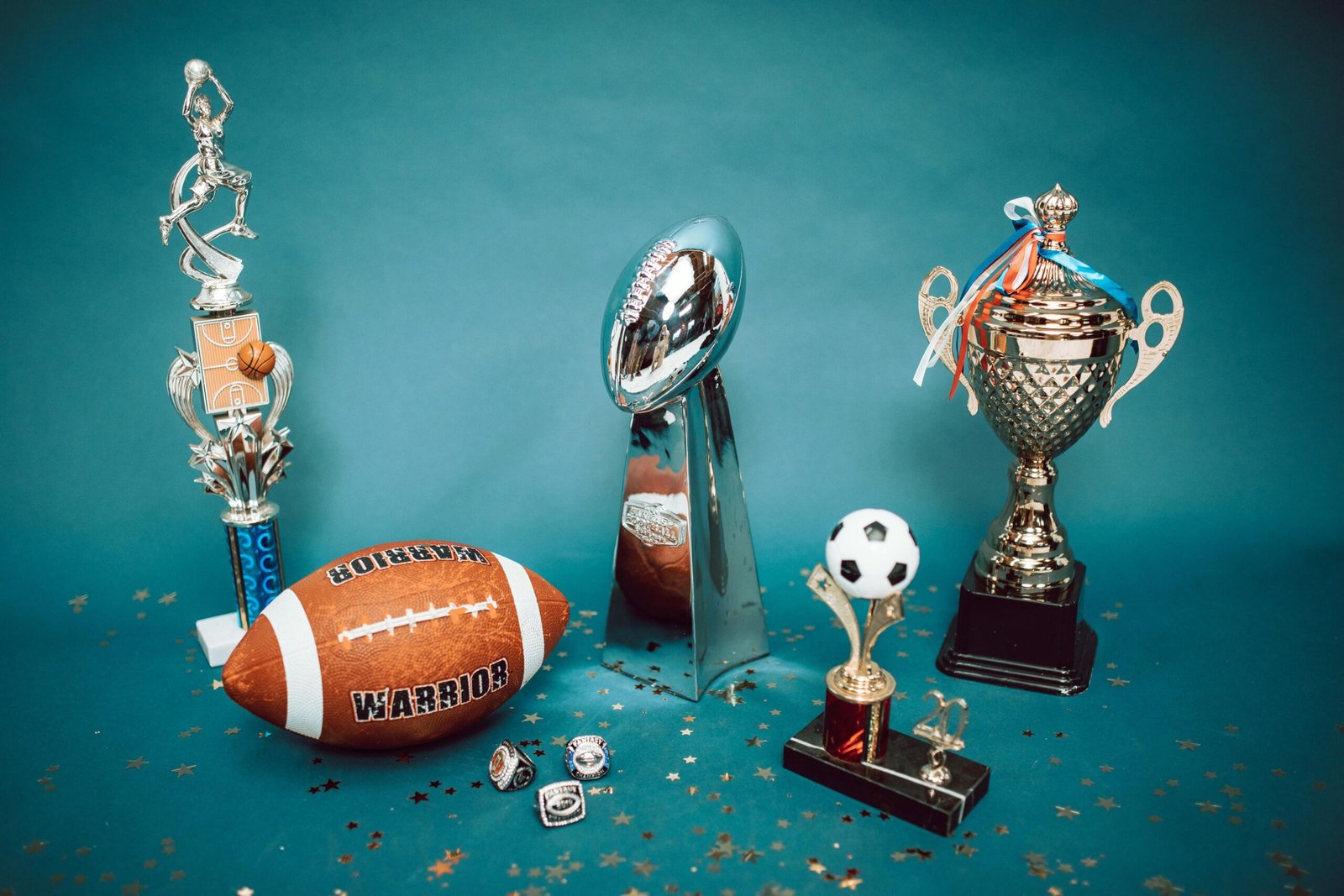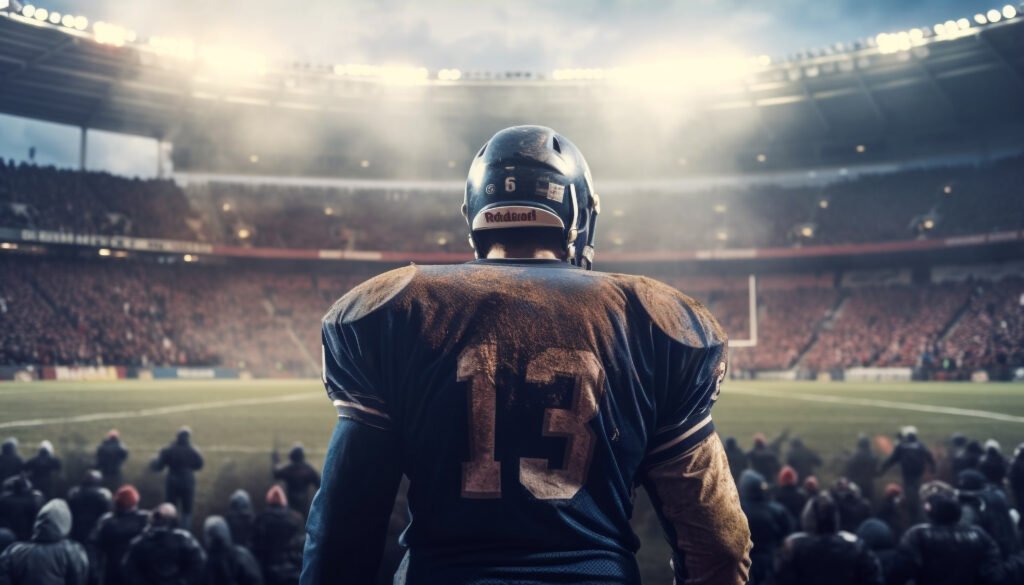The National Football League (NFL), long celebrated for its entertainment value and athletic prowess, has recently found itself at the center of a contentious debate surrounding Diversity, Equity, and Inclusion (DEI) initiatives. As the league navigates this complex landscape, it faces backlash from various quarters, highlighting the intricate and often polarized nature of DEI efforts in major professional sports. This article delves into the origins, developments, and implications of the DEI backlash confronting the NFL.
The Genesis of DEI in the NFL
Early Efforts and the Rooney Rule
The NFL’s journey with DEI initiatives began in earnest in the early 2000s. One of the most notable early efforts was the implementation of the Rooney Rule in 2003, named after the late Dan Rooney, former owner of the Pittsburgh Steelers and then-chairman of the league’s diversity committee. The rule requires teams to interview at least one minority candidate for head coaching and senior football operation jobs. The aim was to address the glaring underrepresentation of minority coaches in a league where a significant majority of players are Black.
The Rooney Rule was a groundbreaking step, lauded for its potential to increase diversity within the NFL’s coaching ranks. Initially, the rule seemed to yield positive results, with an increase in the hiring of minority head coaches in the years following its implementation. However, its efficacy has been questioned over time as the representation of minority coaches has fluctuated, leading to calls for more comprehensive DEI measures.
Expansion of DEI Initiatives
In recent years, the NFL has expanded its DEI initiatives beyond the Rooney Rule. The league has introduced various programs aimed at promoting inclusivity and equality, including diversity workshops, mentorship programs for minority coaches, and support for social justice causes. These efforts have been part of a broader societal push towards greater awareness and action on issues of racial and social justice, catalyzed by events such as the protests following the murder of George Floyd in 2020.
The NFL has also made high-profile commitments to social justice initiatives, pledging significant financial resources to support causes related to education, economic advancement, police and community relations, and criminal justice reform. The league’s “Inspire Change” campaign has been at the forefront of these efforts, highlighting the NFL’s role in fostering community engagement and addressing systemic inequalities.
The Emergence of DEI Backlash
Despite the well-intentioned nature of these initiatives, the NFL’s DEI efforts have not been universally welcomed. A growing backlash has emerged, driven by a combination of cultural, political, and economic factors.
Criticisms from Various Quarters
The backlash against the NFL’s DEI initiatives is multifaceted, with criticisms emanating from various quarters. One significant source of opposition comes from individuals and groups who view these initiatives as unnecessary or overly politicized. Critics argue that the NFL should focus solely on football and avoid engaging in social or political activism. This sentiment has been echoed by some fans and commentators who believe that DEI initiatives detract from the sport’s entertainment value and alienate portions of the fan base.
Conversely, some critics argue that the NFL’s DEI efforts are insufficient and lack genuine commitment. These detractors point to the persistent underrepresentation of minorities in key leadership positions and argue that the league’s initiatives are more performative than substantive. They demand more aggressive measures and accountability to ensure meaningful progress.
Political and Cultural Dimensions
The backlash against the NFL’s DEI initiatives cannot be divorced from the broader political and cultural context. The United States is deeply divided on issues related to race, equity, and inclusion, with DEI becoming a flashpoint in the ongoing cultural wars.
The Role of Players and Coaches

Players as Advocates
Players have increasingly taken on the role of advocates for DEI, using their platforms to speak out on issues of racial and social justice. Figures like Patrick Mahomes, Russell Wilson, and others have not shied away from addressing these topics, often leveraging their visibility to promote awareness and change. The NFL Players Association (NFLPA) has also been instrumental in supporting players’ activism, ensuring their voices are heard and their rights protected.
This advocacy has sometimes put players at odds with segments of the fan base and certain media personalities who prefer athletes to remain apolitical. Nevertheless, many players view their involvement in DEI issues as an extension of their responsibility as role models and influencers. Their actions, whether through public statements, community initiatives, or peaceful protests, continue to shape the narrative around DEI in sports.
Coaches and DEI Leadership
Coaches, too, play a critical role in the NFL’s DEI landscape. High-profile coaches like Mike Tomlin of the Pittsburgh Steelers and Ron Rivera of the Washington Commanders have been vocal proponents of DEI. They have highlighted the importance of creating inclusive team cultures and have taken steps to ensure that their coaching staff reflects the diversity of their players.
The NFL has introduced specific programs to support the development of minority coaches, such as the Bill Walsh Diversity Coaching Fellowship. These initiatives aim to provide minority coaches with the experience and exposure needed to advance to higher-level positions. Despite these efforts, the representation of minority coaches in head coaching and coordinator roles remains a contentious issue, with calls for more aggressive measures to address persistent disparities.
Media and Public Perception
Media’s Role in Shaping the Narrative
The media plays a pivotal role in shaping public perception of the NFL’s DEI efforts. Coverage of DEI issues varies widely, with some outlets highlighting the league’s progress and initiatives, while others focus on perceived shortcomings and controversies. The portrayal of these issues can influence fan opinions and the broader public discourse.
Positive media coverage of the NFL’s DEI initiatives often emphasizes the league’s commitment to social justice, showcasing community programs and highlighting the personal stories of players and coaches involved in DEI efforts. Conversely, critical coverage tends to focus on instances where the league appears to fall short of its DEI goals, such as the continued underrepresentation of minorities in leadership roles or the handling of player protests.
Public Response and Engagement
Public response to the NFL’s DEI initiatives is divided, reflecting broader societal tensions around these issues. Some fans and community members strongly support the league’s efforts, seeing them as essential steps towards greater equality and justice.


